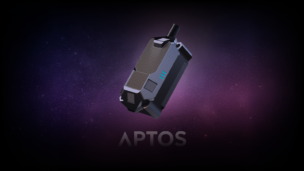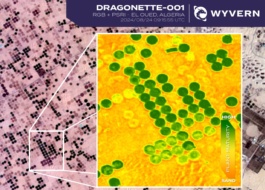On Monday, E-Space came right out of the gate with ambitious mega-constellation aspirations. The startup has raised a $50M seed from Prime Movers Lab, which it says will fully fund two “beta” satellite test batches, launching in March and then the end of 2022. E-Space also claims that mass production is set to begin in 2023.
Composed of independent French and US entities, E-Space is led by Greg Wyler, founder of O3b Networks (acquired by SES) and OneWeb (rescued by the UK government and India’s Bharti Global). While E-Space’s Feb. 7 press release is light on details, Wyler elaborated on his new venture in interviews with the FT and SpaceNews:
- E-Space envisions a multipurpose 100,000-satellite constellation.
- The startup’s future constellation is pacing to cost “a fraction” of existing LEO fleets. “The historical model of spending $5B–$10B is broken,” Wyler told the FT.
- E-Space acquired licenses to frequencies and orbital shells through Rwanda. Last year, the African nation applied for an International Telecommunications Union license to launch 300,000+ satellites.
Should even a fraction of E-Space’s constellation be deployed, it’d likely provoke concerns about contributing to over-congestion in LEO. E-Space tried to address this from the get-go and stressed five “sustainable” design principles: 1) “minimize satellite debris on collision,” 2) “capture and deorbit,” 3) “fail safe,” 4) “100% demise,” and 5) “small cross section.”
+ A learning lesson? “OneWeb was captive to its shareholders for products,” Wyler told the FT. “All the cost growth came from the shareholders.”




